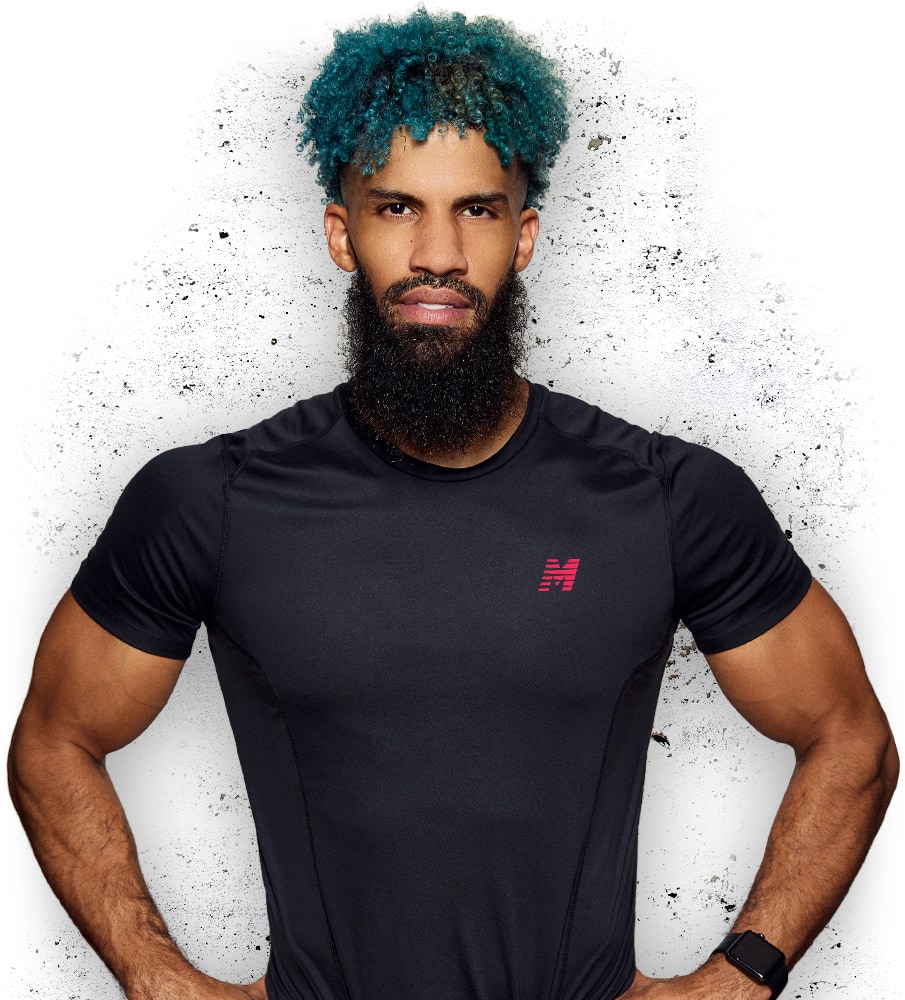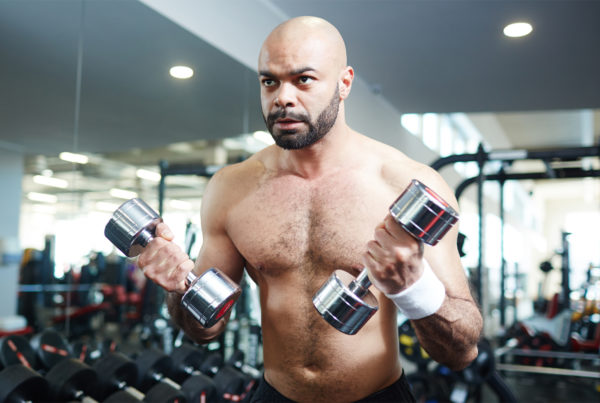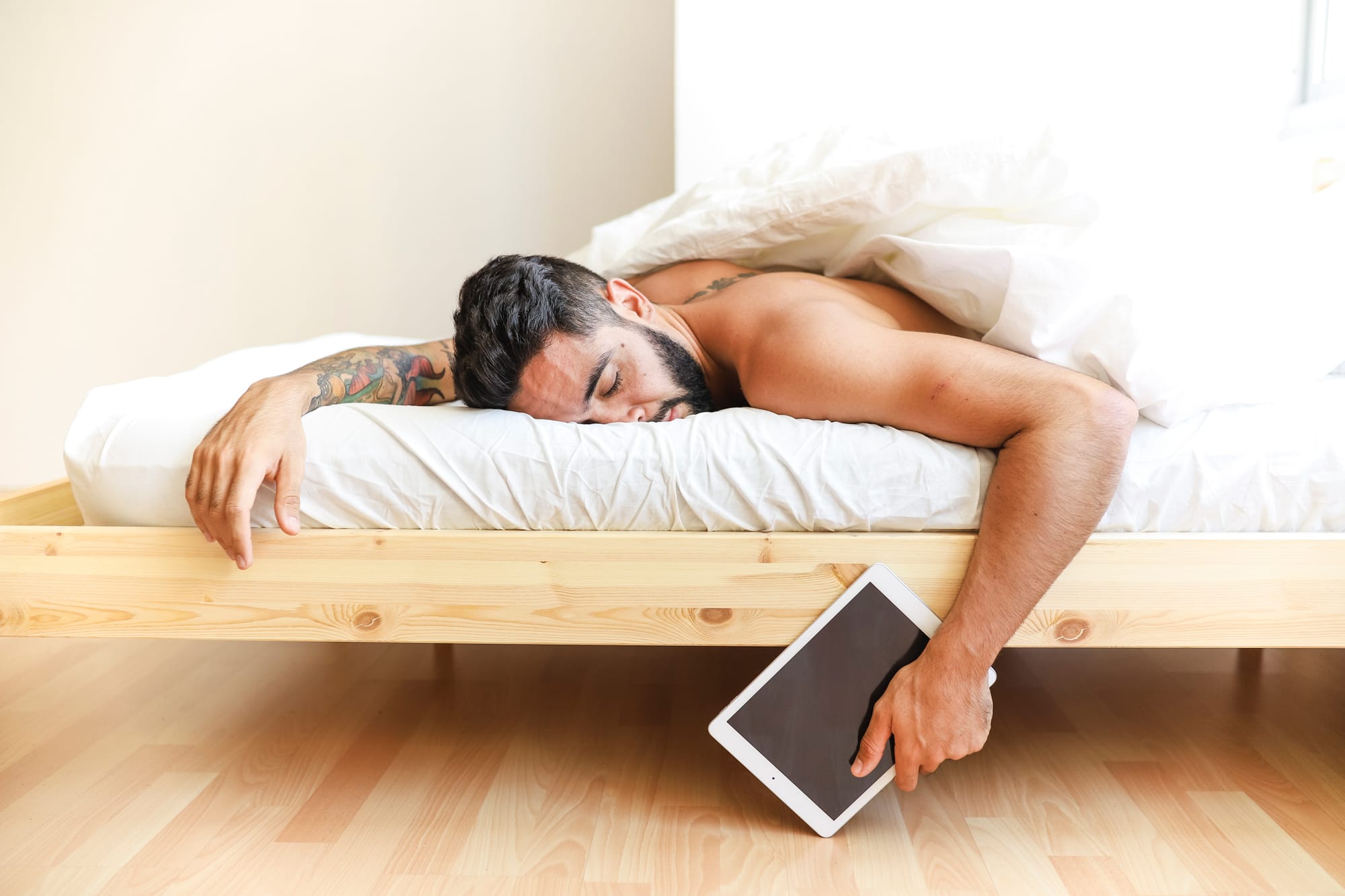
How much sleep do I need to lose weight? Everyone knows just how important training and nutrition are when it comes to achieving your overall fitness goals. However, two of the most neglected topics when it comes to health and fitness are sleep and recovery — probably because they’re not as “cool” to talk about. So, just how important is sleep? And how many hours of rest is ideal?
The Short Answer:
Your sleeping habits have a MAJOR impact on your overall health and fitness goals and should be made an absolute priority on any fitness program. There are a number of sleep studies that clearly support the claim that 7–8 hours of sleep per night is ideal just for optimal cognitive function alone. So when you start factoring multiple training sessions per week into the mix, I’d hope that it becomes evident that 7–9 hours should be the absolute bare minimum.
With that being said, why don’t more active, healthy individuals take their sleep schedule more seriously? Simple. Because it’s not exactly a “hot” topic, especially where social media is concerned, and so they’re entirely oblivious to it! Well, let’s change that!
How much sleep do I need to lose weight?
The magic formula: Eat, Train, Sleep!
When most people are trying to lose weight and burn fat or gain weight and build muscle, or do it all at the same time, everybody does the same two things:
- They stop eating an abundance of junk food — soda, sugar, fried foods, high-calorie snacks, etc. — and they start making healthier food choices
- They stop being a lazy fart 💨 and they start adding more physical activity into their weekly regimen — things like walking, resistance training, stretching, etc.
What most people fail to recognize is that there’s another important change they need to make: they need to start getting more quality sleep.
By the end of this article, my hope is that you’ll have a better understanding of the importance of sleep, why you should prioritize it, and the negative effects that sleep deprivation has on your performance and overall fitness goals.
When you’re done reading, leave a comment down below to let me know if I succeeded with that. And if I didn’t, let me know exactly what I could’ve done better to convince you to get more rest! My goal is to improve everybody’s “night life”. 😃
Here’s exactly what we’ll cover in this “How much sleep do I need to lose weight?” article:
Feel free to use the navigation box above to skip ahead at your leisure. However, as always, for added perspective, I highly suggest reading it all.
How much sleep do I need to lose weight?
I want you to imagine two people: One is the fittest and healthiest person you know. They have the “perfect” body; the one everyone seems to be striving for. The second person, on the other hand, is trying their absolute hardest, but they just can’t seem to obtain the same picture-perfect physique.
The weird part is that they both seem to be utilizing a similar approach: eating healthier foods the majority of the time combined with intense gym workouts including a mixture of cardio and resistance training.
Yet the second individual can’t seem to maintain laser-focus with their nutrition plan and is continuously struggling with their eating. And despite their best efforts in the gym, their energy levels are never optimal and their results just don’t compare.
Therefore the real question should be, how much sleep do i need to lose weight?
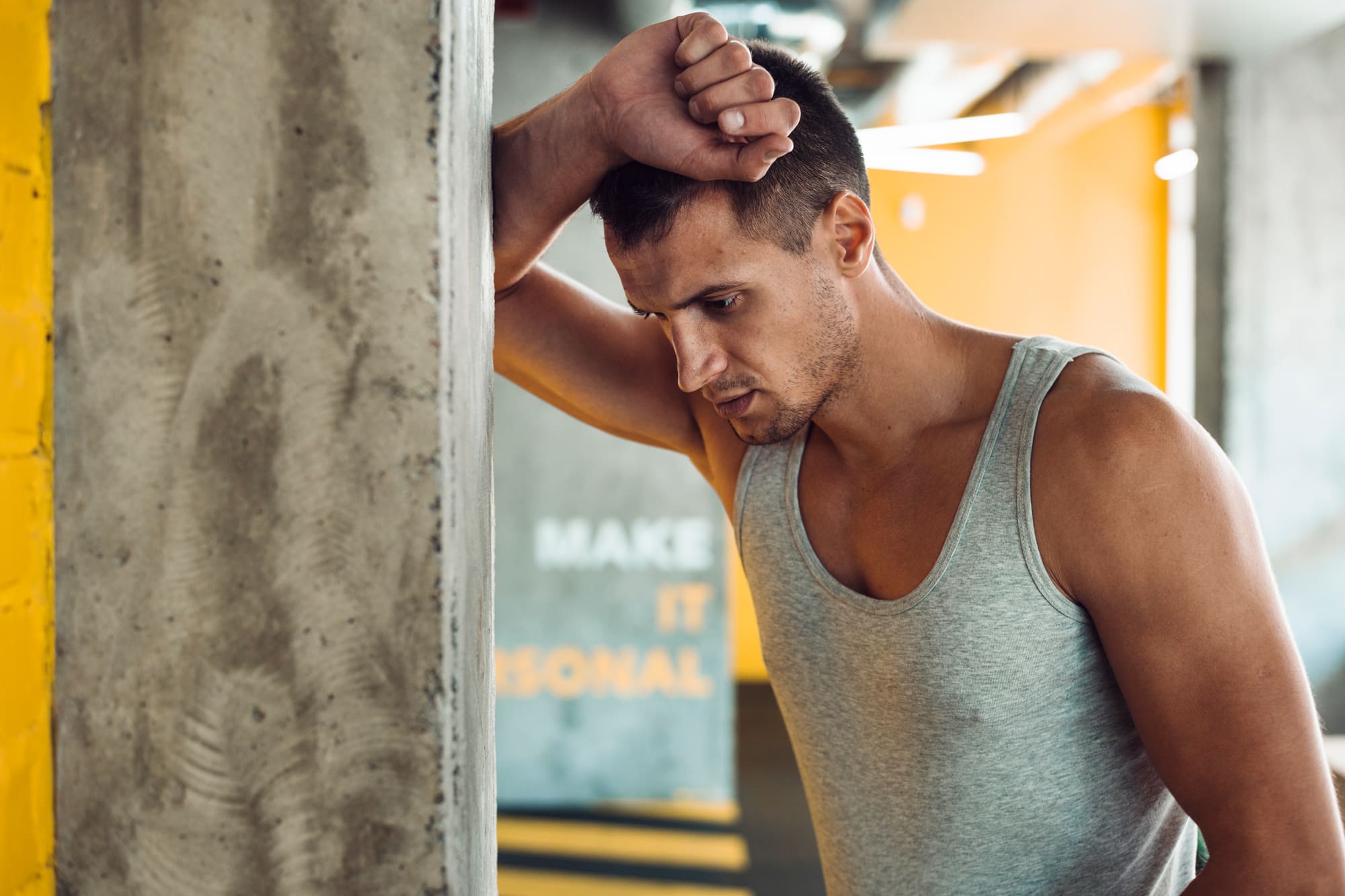
Could it be genetics? Sure. Could it be that one just has more focus and willpower? Sure. But in this case, neither individual is a genetic anomaly and both are extremely goal-oriented and motivated, so what gives?
Being Tired Inhibits Your Decision-Making Skills
Have you ever driven home late at night, tired from a poor night’s rest the night before? You haven’t had a single thing to drink that evening, yet you feel drunk? Like… you legit feel like you’re driving under the influence and going to catch a DUI. 🥴
Well, there’s a good reason for that: It turns out, the physical side effects that sleep deprivation has on your brain are practically identical to when you’re drunk. You lack mental clarity, your cognitive abilities go down the drain, and your ability to make good decisions is dramatically worsened.
Well, guess what practicing good nutrition is all about?
Making good decisions… often.
This is the same reason why when you head into work after sleeping only 4 or 5 hours, despite your best efforts — and regardless of how many energy drinks you throw down — you just can’t seem to get anything done right!
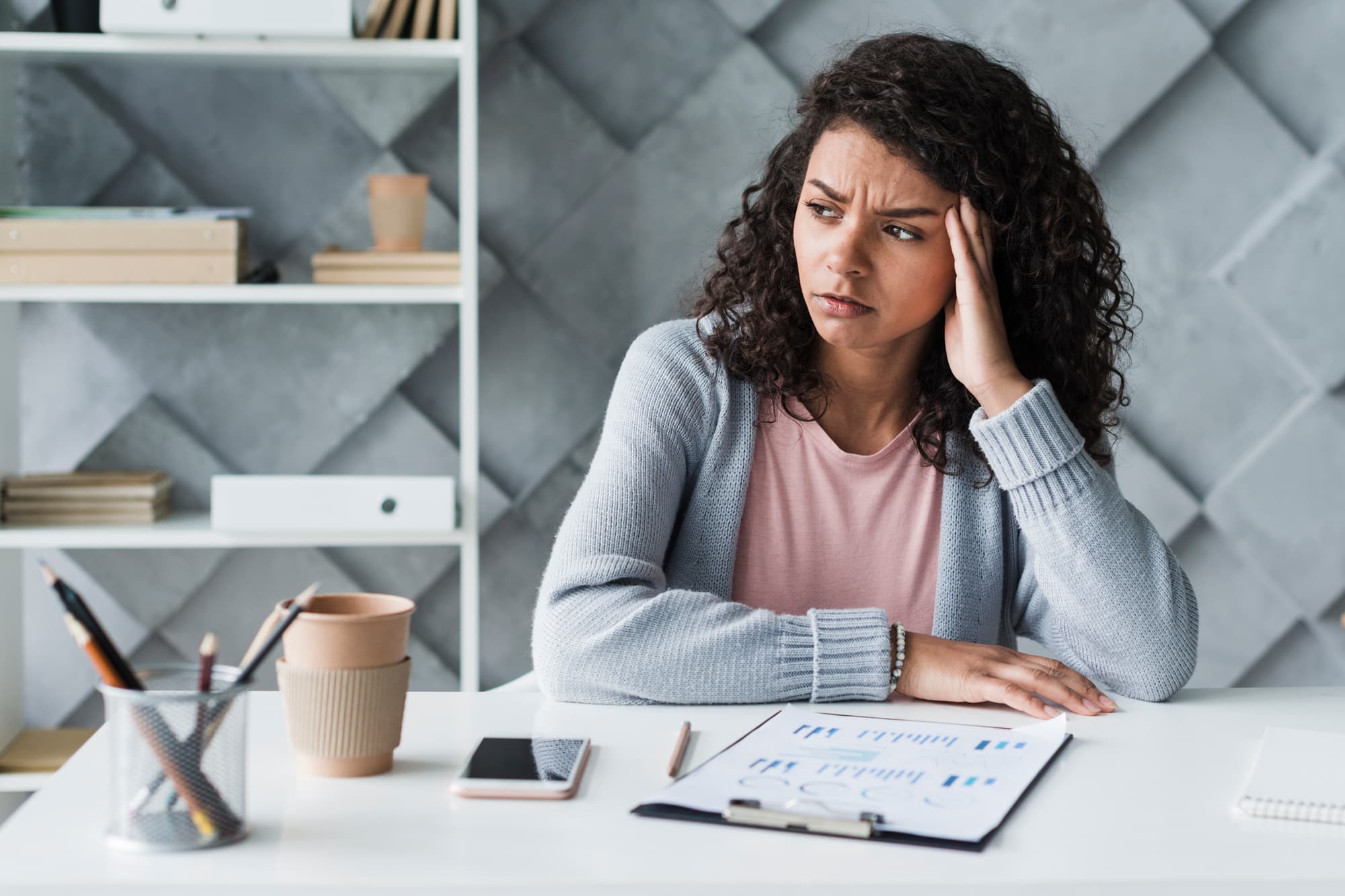
Not getting enough sleep causes you to make poor food decisions too, such as ordering out even if you already packed a healthy lunch, eating bigger portion sizes, and binging on high-calorie snacks. 😵
It should also come as no surprise that these are the same types of things you’d do if you were drunk! Because much like when you’re intoxicated, you simply don’t have the cognitive ability to make the right decisions.
Sleep Deprivation Increases Your Hunger Cravings
If losing the ability to decide between right and wrong wasn’t enough to deal with, your body throws yet another wrench into your pre-planned nutrition plans when it doesn’t get enough sleep.
It’s a common misconception that hunger can be controlled by things like self-determination and strong willpower, but this couldn’t be further from the truth.
Your hunger is actually controlled by two very specific hormones: ghrelin and leptin.
Ghrelin is known as the “hunger hormone” and for good reason. The more ghrelin your stomach produces and releases, the more your appetite is stimulated and the hungrier you feel.
More ghrelin, more appetite, more food, more weight gain.
Leptin, on the other hand, does the exact opposite and is therefore known as the “satiety hormone”. The more leptin your body’s fat cells produce and release, the more your appetite is suppressed and the more satiated you feel.
More leptin, less appetite, less food, less weight gain.
When you don’t get adequate sleep, guess what happens to each of these hormones? Yup! They go outta whack! Your body suppresses leptin production and stimulates additional ghrelin production. 🤪
And if THAT isn’t enough, a lack of sleep also increases the production of cortisol, the infamous “stress hormone”, which is highly associated with unwanted fat gain.

When your cortisol levels rise, there is an increase in the reward centers of the brain. So not only will you have a bigger appetite and a more difficult time resisting the urges to eat, but all of the food will feel more rewarding to you when you consume it.
The increase in ghrelin and cortisol combine to make a deadly dynamic duo and will undoubtedly wreak havoc on your nutrition protocol. You’ll have uncontrollable hunger cravings that even when fulfilled will still leave you feeling hungry.
Lose-lose situation, right? 🙁
A Lack of Sleep Hinders Your Gym Performance
This should come as no surprise, but if an inadequate amount of sleep limits your brain’s ability to function optimally, then it should be obvious that it also causes a decline in your body’s physical capabilities.
Believe it or not, most people are already aware of this! And how do they make up for it? Here’s a hint: not with more sleep. 😐
Instead, in the past decade or so, we’ve all witnessed the HUGE rise in the use of energy drinks and pre-workout supplements. Unfortunately, coffee — a beverage that can actually be a healthy part of your diet — just isn’t good or strong enough for most people anymore.
NEWS FLASH: If you’re consistently making up for a good night’s rest by supplementing with highly-caffeinated energy drinks, pre-workout powders, or caffeine pills, you’re eventually going to wind up in very big trouble.
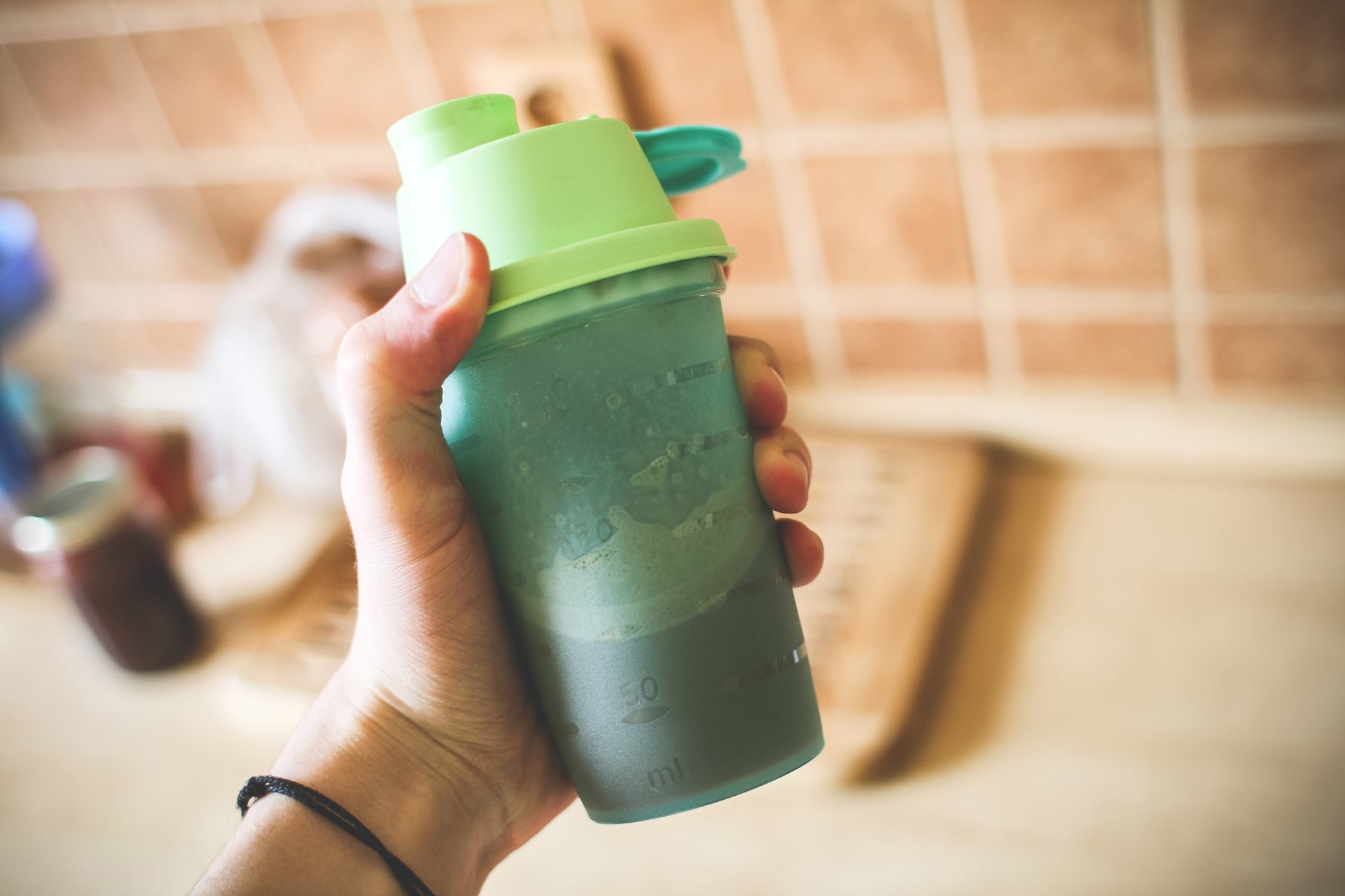
All you’re really doing is putting a temporary and ineffective band-aid over your real problem — a lack of quality sleep — which in the long run is just going to cause you to burn out while simultaneously giving yourself a MAJOR caffeine addiction. 🤪☕
If the long term effects aren’t enough, how about just mustering up the willpower to head to the gym after a busy day at work? When you’re sleep deprived, you’ll be MUCH more likely to skip the gym after an already long day.
And, if you’re a morning trainer, you’ll just hit the snooze button instead. 😴
Your Body Builds and Recovers While You Sleep
Your body and muscles need time to repair and recover and an important part of building muscle is your body’s ability to produce human growth hormone (HGH).
Guess what the best natural way of increasing your HGH levels are? You guessed it! By practicing good sleep hygiene and getting high-quality sleep.
How much sleep do I need to lose weight?
As discussed at the beginning of this article, that means getting uninterrupted sleep for 7–9 hours per night.
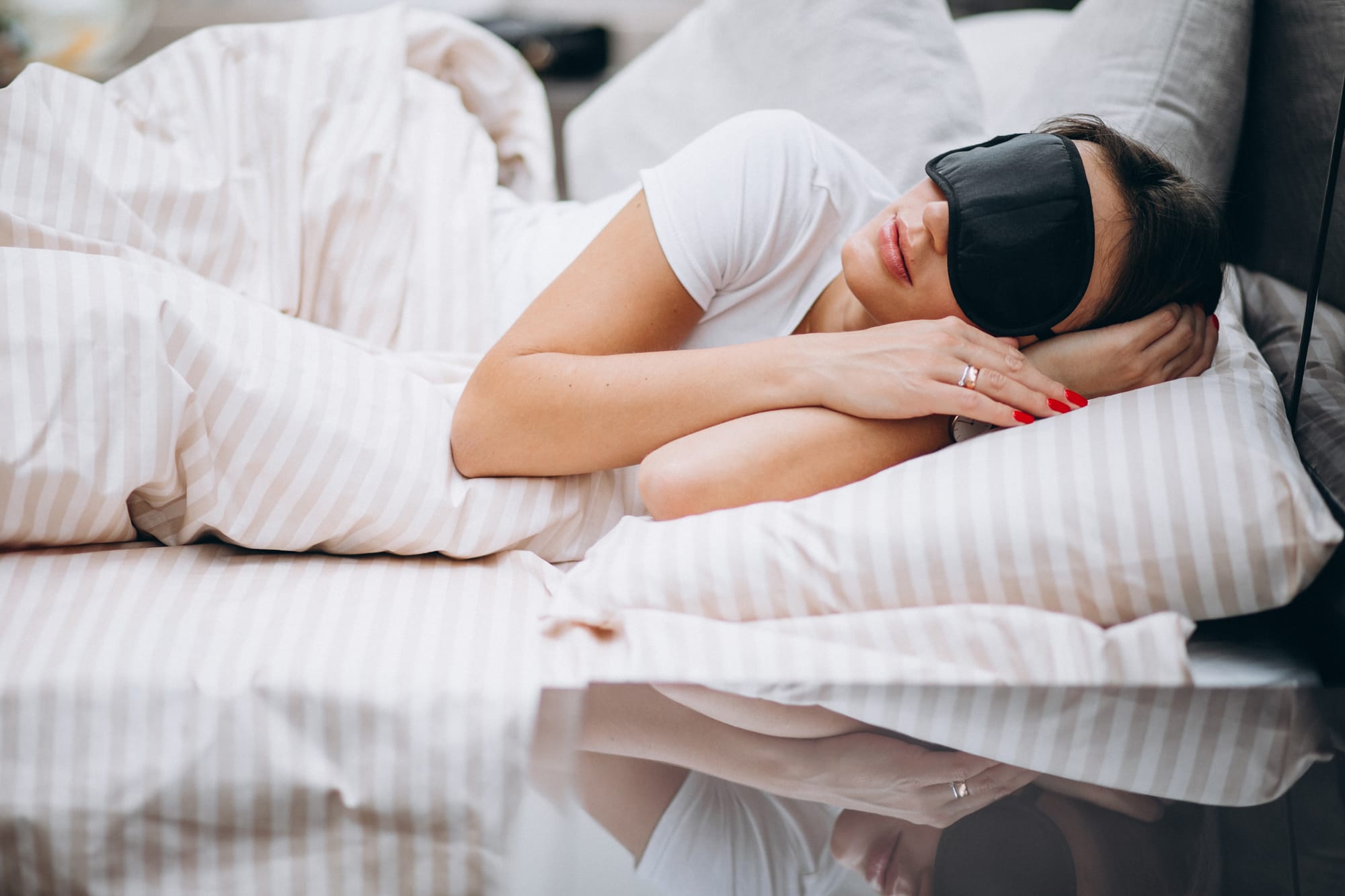
HGH is released by our brains into the bloodstream during sleep and helps maintain, repair, and grow all of our bodily tissues — muscle, ligaments, tendons, etc.
If you’re a man or woman hauling ass in the gym for 2 to 3 hours per day and eating highly-nutritious meals throughout the day, but only getting 4–5 hours of sleep per night, your results are going to suffer greatly.
Does this sound like you? ☝️ My advice would be to rethink your workout schedule. Try working out less often for a shorter duration — let’s say 45–50 minutes — and dedicate the remaining two hours to more sleep instead.
The Final Verdict: Get More Sleep
If this isn’t already obvious, your sleeping habits weigh heavily on your overall health and fitness goals. If you’ve been doing everything else right, but your sleep has been lacking, you may have just stumbled across the secret to your success.
Seem too good to be true? Give it a shot. Consistently getting a good night’s rest can really be the KEY difference-maker between effortlessly maintaining an amazing-looking physique and struggling week-to-week just to look and feel “average”.
The Bottom Line:
If your primary fitness goal is to build a stronger, leaner, and healthier body, high-quality sleep should be at the absolute top of your priority list.
Need Help With Your Health Program?
Are you new to health and fitness and currently experiencing information overload?
Not sure where to begin? Let us help you discover your path to better health.
In our MyQuest Coaching program we perform a comprehensive needs assessment and then build you a fully-customized fitness program tailored to your every need.
This includes the much needed implementation of a personalized sleep and recovery program as we’ve discussed here today, and much more.
If this sounds interesting to you, click one of the buttons below to get started:
Apply for Coaching TODAY!
Because yesterday you said tomorrow.
Final Thoughts
The connection between your sleeping habits and your health is difficult to ignore. Furthermore, the effects that high-quality sleep have on your body go FAR beyond just your fitness and physique goals.
While there isn’t a specific amount of hours that applies to everyone, a good rule of thumb is just to stick within the optimal range — between 7 to 9 hours — that has been proven time and time again and is widely accepted by scientists all around the world.
At the end of the day, everybody’s requirements are entirely different, so my final piece of advice would be as follows: ALWAYS listen to your body.
There are nights where I only get 7 hours of sleep and feel absolutely invincible; there are other nights where I get 9 hours of sleep and feel like I could use 3 more.
Once you’re generally more aware of your sleeping habits, you can make adjustments based on your workload, stress levels, physical activity level, and more.
I’m interested: What are your thoughts? Do you agree with me on any of this? Do you disagree with me? How many hours do you sleep each night? Do you feel the difference when you don’t sleep as much? Where does a lack of sleep affect you most? Work? Gym? Home? Leave a comment down below and let me know!


